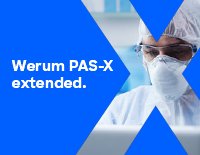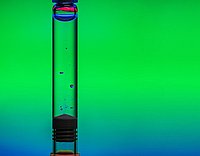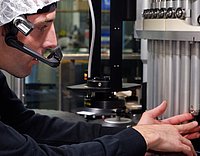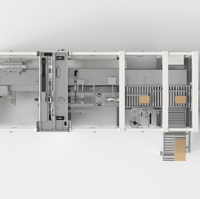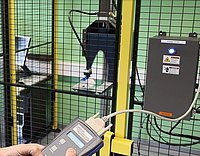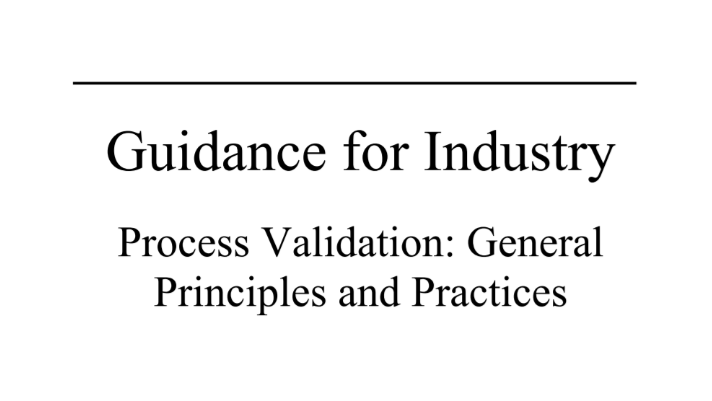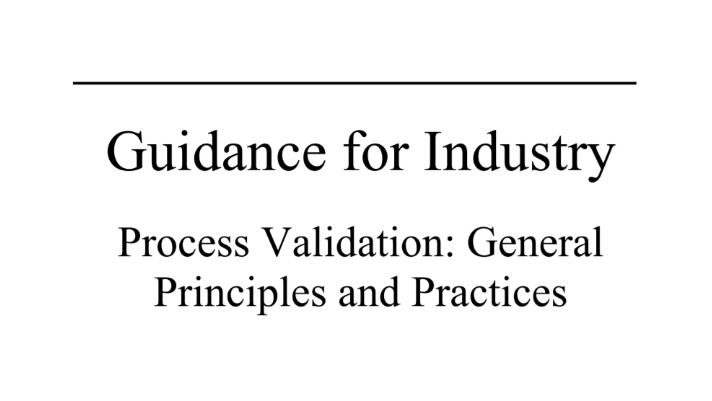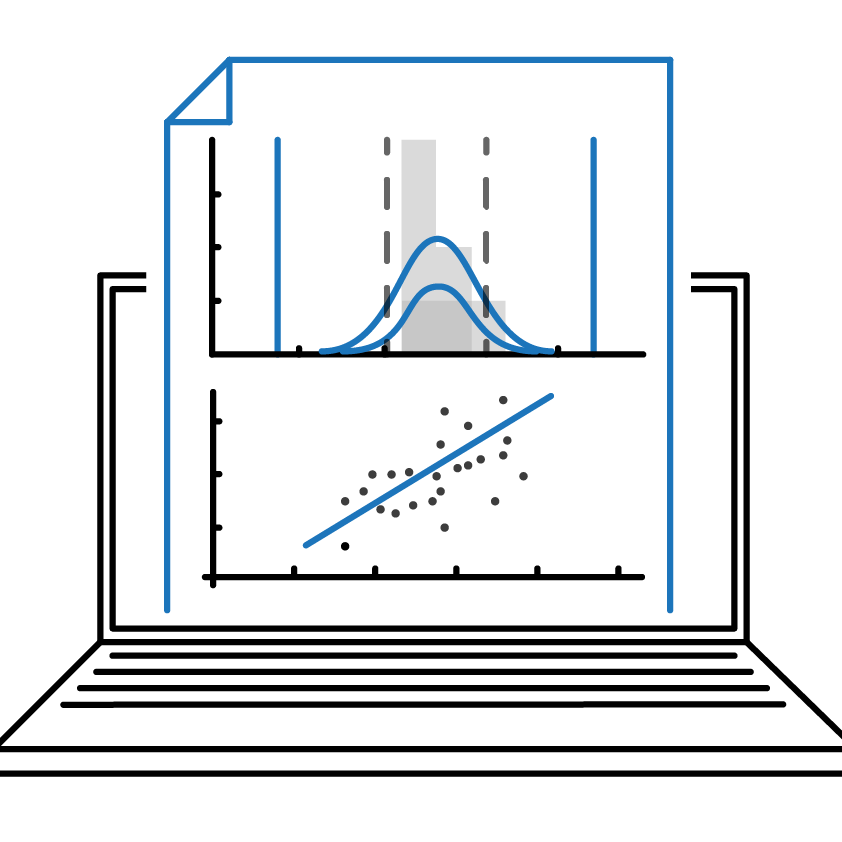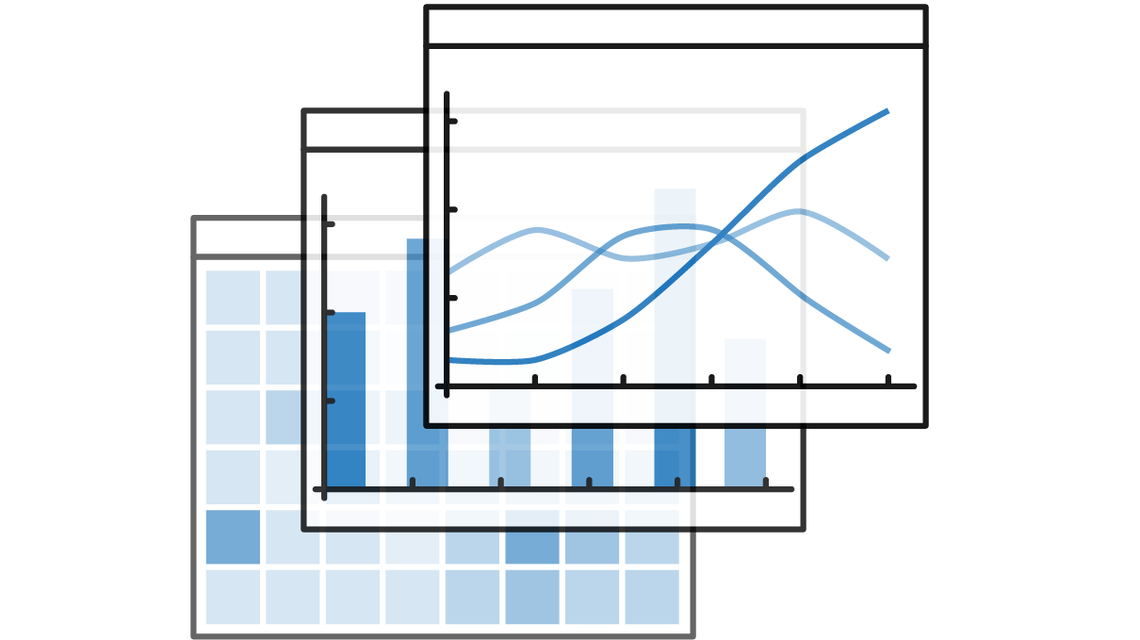"Process Validation is defined as the collection and evaluation of data, from the process design stage throughout production, which establishes scientific evidence that a process is capable of consistently delivering quality product FDA process validation guideline"
If you want to learn how to perform a successful process characterization study and what steps need to be taken, visit this blog post.
Recently, US and European regulators have issued new process validation guidelines. The new guidelines now emphasize:
- the demonstration of process understanding;
- risk-based identification of critical process parameters;
- implementation of well-validated control strategies.
As a result of the new guidelines, it is now the state of the art that drug manufacturers thoroughly investigate and “characterize” the manufacturing processes. Interestingly, the term “process characterization” is not used by the regulators. Therefore, you will not find it in the EMAs and FDAs process validation guidelines. Yet, CMOs and (bio-) pharmaceutical companies use the term “process characterization” to describe their activities related to stage 1 process validation.
“Process characterization is how industry puts stage 1 process validation into practice.”
